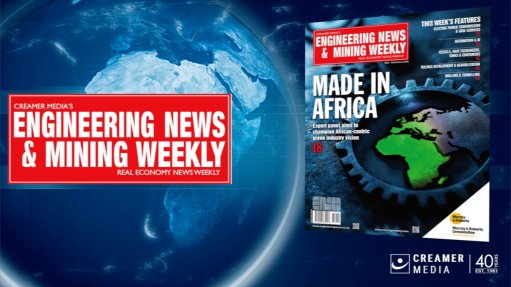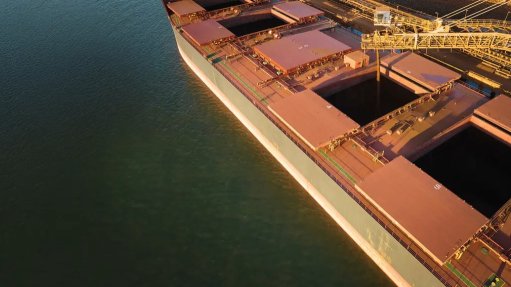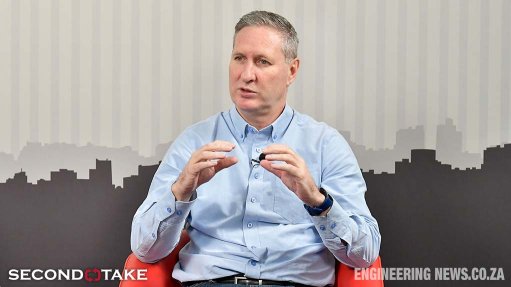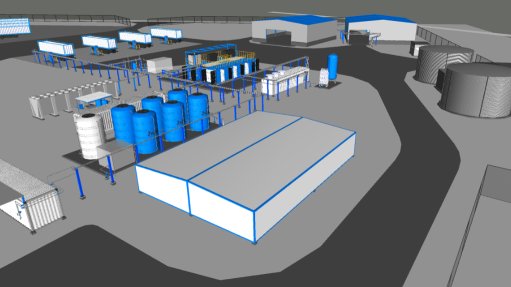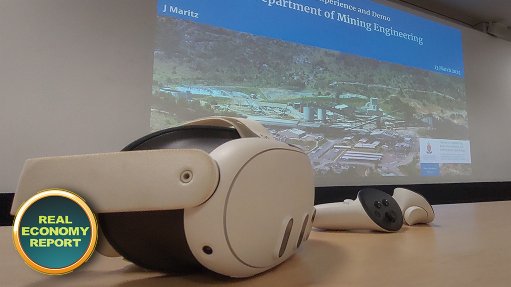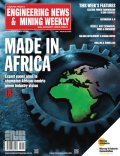Critical minerals mining industry requires more of everything if Canada to be a global player - KPMG
Nine in ten Canadian mining leaders are optimistic that Canada can be a world leader in critical minerals, yet the overwhelming majority (98%) say their companies require more investment, government commitment, and favourable tax policies to support its growth, finds a KPMG in Canada survey conducted last month.
"Canada has put its stake in the ground on critical minerals, but it's clear the industry requires much more support before Canada can be a viable and sustainable global player in the transition to a green economy," says Heather Cheeseman, partner, and national mining leader for KPMG in Canada.
"While more than nine in ten mining decision makers are optimistic about the potential for growth, mining companies are having to deal with many unique challenges, including permitting delays, reducing their carbon footprint, and the ongoing challenge of raising capital. Slumping commodity prices is making it all the more challenging."
Canadian mining and exploration companies agreed that their most pressing challenges are: identifying and mitigating environmental, social and governance (ESG) risks, raising capital, reducing costs, and overcoming regulatory hurdles. Another pain point respondents specifically identified is permitting timelines, the time it takes to obtain the "right to operate".
Decarbonisation is another challenge that the industry faces. Survey respondents say they expect increased scrutiny from investors this year on their decarbonisation strategies.
The survey findings show that fewer than a quarter (23%) have made formal commitments to achieve all scope-related carbon emission reductions by 2050 or earlier.
About a quarter (24%) have not yet made formal commitments but are working on a plan to reduce emissions, 10% do not have either an ESG or carbon reduction strategy, and 7% do not plan to have one or cannot reduce emissions at this time.
Scope 1 covers greenhouse gas (GHG) emissions from sources that they directly own or control and Scope 2 are indirect emissions created by the production of the energy that an organisation buys. Reducing Scope 3 emissions are much more difficult than scopes 1 and 2 to tackle because they encompass indirect emissions created up and down the company's value chain, which can be problematic for all companies, including mining, says Cheeseman.
"The pace of decarbonisation depends on the company's size, carbon footprint and resources," she says.
"But many in the industry face substantial hurdles to reducing Scope 3 emissions in particular. Because Canada has relatively little smelting or refining capacity for most critical minerals, the intermediary minerals Canada produces are shipped to smelters around the world. Until Canada has the capacity to smelt or refine what's mined here, the miners will be limited in what they can do."
Respondents were also asked for their opinions on the federal Critical Mineral Exploration Tax Credit (CMETC), which provides investors in companies exploring for certain critical minerals a 30% tax credit based on the amount invested.
Mining companies agree the CMETC has been successful in financing and advancing critical minerals exploration activities in Canada. However, many leaders expressed concern with the complication and conditions applicable to the credit.
The CMETC applies to only 15 of 31 critical minerals identified on Canada's critical minerals list, limiting its overall benefit, says KPMG tax partner Michael Long.
Further, there is concern in the industry that the 15% federal Mineral Exploration Tax Credit, which incentivises exploration targeting critical minerals that do not qualify for the CMETC and other minerals such as gold and silver, will not be renewed by the federal government in Budget 2024, he says.
"Canada has a long history of using unique tax mechanisms to encourage mineral exploration and development," says Long. "Flow-through shares continue to be an important source of mineral exploration financing. As the critical minerals industry evolves, innovative federal and provincial tax policies will be needed to spur domestic investment."
Comments
Press Office
Announcements
What's On
Subscribe to improve your user experience...
Option 1 (equivalent of R125 a month):
Receive a weekly copy of Creamer Media's Engineering News & Mining Weekly magazine
(print copy for those in South Africa and e-magazine for those outside of South Africa)
Receive daily email newsletters
Access to full search results
Access archive of magazine back copies
Access to Projects in Progress
Access to ONE Research Report of your choice in PDF format
Option 2 (equivalent of R375 a month):
All benefits from Option 1
PLUS
Access to Creamer Media's Research Channel Africa for ALL Research Reports, in PDF format, on various industrial and mining sectors
including Electricity; Water; Energy Transition; Hydrogen; Roads, Rail and Ports; Coal; Gold; Platinum; Battery Metals; etc.
Already a subscriber?
Forgotten your password?
Receive weekly copy of Creamer Media's Engineering News & Mining Weekly magazine (print copy for those in South Africa and e-magazine for those outside of South Africa)
➕
Recieve daily email newsletters
➕
Access to full search results
➕
Access archive of magazine back copies
➕
Access to Projects in Progress
➕
Access to ONE Research Report of your choice in PDF format
RESEARCH CHANNEL AFRICA
R4500 (equivalent of R375 a month)
SUBSCRIBEAll benefits from Option 1
➕
Access to Creamer Media's Research Channel Africa for ALL Research Reports on various industrial and mining sectors, in PDF format, including on:
Electricity
➕
Water
➕
Energy Transition
➕
Hydrogen
➕
Roads, Rail and Ports
➕
Coal
➕
Gold
➕
Platinum
➕
Battery Metals
➕
etc.
Receive all benefits from Option 1 or Option 2 delivered to numerous people at your company
➕
Multiple User names and Passwords for simultaneous log-ins
➕
Intranet integration access to all in your organisation











